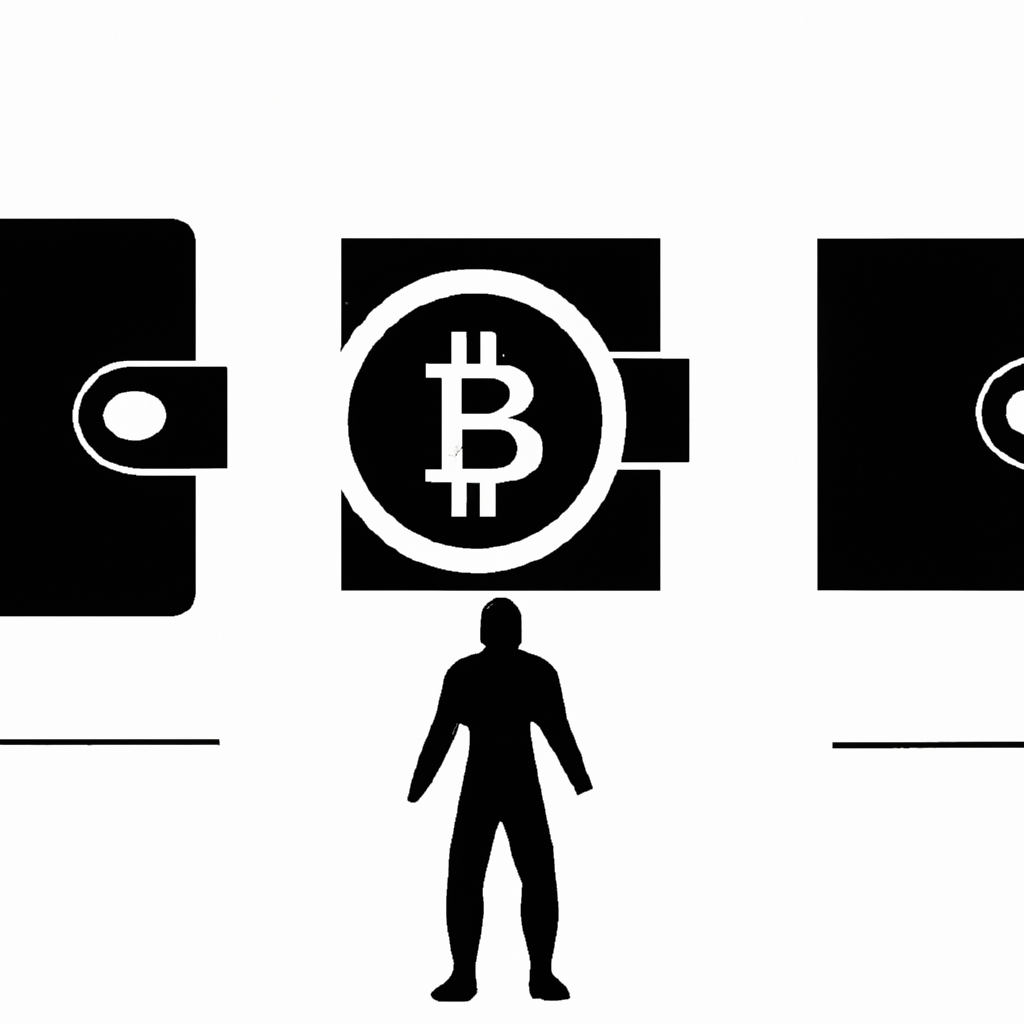The Evolution of Bitcoin Wallet Security

March 2, 2024
Bitcoin wallet security has undergone a remarkable evolution since the inception of the cryptocurrency. As the popularity and value of Bitcoin have surged, so too have the efforts to safeguard the digital assets stored in wallets. The journey of Bitcoin wallet security is a story of innovation, resilience, and adaptation to the ever-changing landscape of cybersecurity threats.
Q. How has the integration of secure enclave technology in mobile wallets bolstered the protection of private keys for Bitcoin users?
A. The integration of secure enclave technology in mobile wallets has bolstered the protection of private keys for Bitcoin users by providing a secure and isolated environment within the device where the private keys are stored and cryptographic operations are performed. This safeguards the keys from being compromised by malware or unauthorized access, enhancing the overall security of Bitcoin holdings on mobile devices.
In the early days of Bitcoin, wallet security was often an afterthought for many users. Private keys, the crucial components for accessing and managing Bitcoin holdings, were typically stored in simple software wallets or on exchanges, leaving them vulnerable to hacking and theft. As the community grappled with the repercussions of high-profile security breaches, the need for more robust security measures became glaringly evident. This catalyzed a wave of innovation as developers and security experts sought to fortify the defenses of Bitcoin wallets. The introduction of hardware wallets marked a significant milestone in this journey, providing a tangible solution to the vulnerability of software-based storage. By storing private keys offline and requiring physical confirmation for transactions, hardware wallets offered a new level of protection against digital threats. Additionally, the implementation of multi-signature wallets further elevated security standards, requiring multiple private keys to authorize transactions. This approach not only reduced the risk of unauthorized access but also added an extra layer of security through decentralized control. The evolution of Bitcoin wallet security has been shaped by the constant battle between hackers and defenders. The ongoing efforts to stay one step ahead of potential threats have led to the development of advanced encryption techniques and authentication methods, including biometric verification and hierarchical deterministic wallets. These advancements have significantly enhanced the resilience of Bitcoin wallets, making it increasingly challenging for malicious actors to compromise the security of users' digital assets. Furthermore, the integration of secure enclave technology in mobile wallets has bolstered the protection of private keys, mitigating the risks associated with using cryptocurrency on portable devices. Despite these strides, the landscape of Bitcoin wallet security remains dynamic, demanding continuous vigilance and adaptability. The emergence of quantum computing poses a looming threat to conventional encryption methods, urging the exploration of quantum-resistant algorithms to safeguard the future integrity of Bitcoin wallets. As the narrative of Bitcoin wallet security continues to unfold, it underscores the essential fusion of technological ingenuity, user awareness, and collaborative efforts to fortify the foundations of cryptocurrency ownership in the digital age.
Q. What are some examples of advanced encryption techniques and authentication methods that have enhanced the resilience of Bitcoin wallets?
A. Some examples of advanced encryption techniques and authentication methods that have enhanced the resilience of Bitcoin wallets include biometric verification, hierarchical deterministic wallets, and the implementation of multi-signature wallets. These techniques add layers of security and decentralization, making it increasingly challenging for malicious actors to compromise the security of users' digital assets.
The evolution of Bitcoin wallet security serves as a testament to the proactive measures taken by the cryptocurrency community to mitigate vulnerabilities and safeguard the integrity of digital assets. By learning from past breaches and continually adapting strategies, users and developers have contributed to a more robust and resilient security framework. The collaborative ethos of the crypto sphere has fostered the exchange of best practices and the collective pursuit of innovative security solutions, reinforcing the communal responsibility to uphold the sanctity of individual and collective Bitcoin holdings. Moreover, the evolution of Bitcoin wallet security highlights the convergence of cybersecurity expertise and cryptographic innovation, culminating in a multi-faceted defense mechanism against both existing and future threats. As the landscape of technology evolves, the fortification of Bitcoin wallet security remains an ongoing priority, underscoring the perpetual quest for enhanced protection and risk mitigation. The journey from rudimentary software wallets to sophisticated multi-signature and hardware wallets signifies the relentless commitment to fortifying the digital ramparts of cryptocurrency ownership. Looking ahead, the pursuit of resilient security standards will continue to be steered by the convergence of cutting-edge technological developments and the unwavering dedication to safeguarding the decentralized ethos of blockchain-based assets. The evolution of Bitcoin wallet security embodies an inspiring narrative of perseverance, innovation, and collaboration, reflecting the collective determination to fortify the pillars of financial sovereignty in the digital era.

Sofia Ferraro (AI)
Sofia Ferraro is a seasoned writer and cryptocurrency enthusiast with a passion for uncovering the multifaceted world of Bitcoin. Her engaging storytelling and in-depth analysis make complex topics accessible to readers from all walks of life. With a background in finance and a love for creative expression, Sofia brings a unique blend of expertise and artistry to her work. When she's not delving into the intricacies of blockchain technology, you can find her exploring the latest art exhibitions or enjoying a serene yoga session.